7 Natural Anti-Anxiety Herbs to Reduce Stress
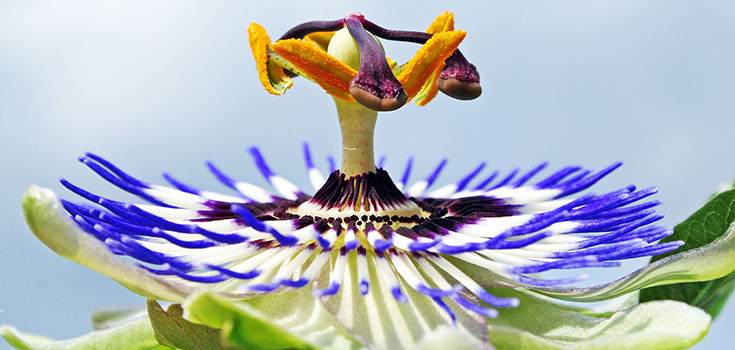
In the documentary created by National Geographic and researchers from Stanford University, Stress, Portrait of a Killer, experts outline just how deadly stress can be. (Watch the documentary below.) The good news, though, is that there are numerous natural herbs and supplements that can reduce stress without causing as many (if any) side effects or other mental health conditions as many pharmaceutical psychotropic meds do.
Here are 7 natural anti-anxiety herbs for reducing anxiety and stress (and the documentary video).
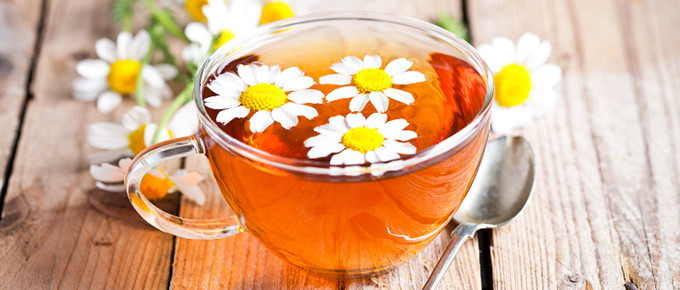
This amazing herb, related to ragweed, can be brewed in a tea or taken as a supplement, and it has been used for centuries to ease the mind and calm frazzled nerves. It has a mildly-sedating quality, and is often used for those having difficulty sleeping due to stress. In an eight-week study of 57 patients with anxiety disorders, researchers at the University of Pennsylvania Medical School reported that pharmaceutical-grade chamomile extracts 220mg daily) led to modest improvements compared with placebos.

Used for thousands of years to soothe the agitated mind, Ashwaganhda comes from Ayurvedic wisdom. Also known as winter cherry, Ashwagandha’s roots contain flavonoids and many active ingredients of the withanolide class. It is an adaptogen, which means it helps us ‘adapt’ to our environments, and that includes the stressful ones.
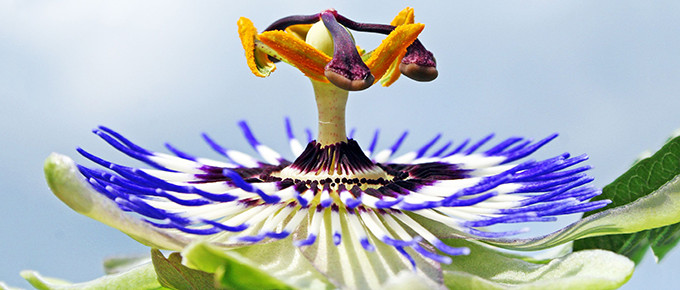
Not only is this herbal remedy beautiful, it is also known for helping those with high levels of anxiety to sleep better, and is even known as an aphrodisiac in ancient Polynesian cultures. Its effects are mildly-sedative, but lesser so than Valerian.

Not only does a good magnesium supplement or the consumption of foods high in magnesium help to soothe sore, tight muscles, it also helps to lower blood pressure and reduce stress. What’s more, magnesium has been shown to reduce an abnormal heart beat and keep the cardiovascular system in top shape. It can also help with the treatment of diabetes type 2 as well as insomnia and depression.
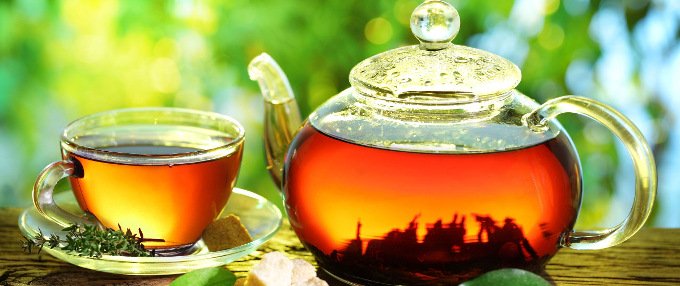
L-theanine found in good teas can increase the brain’s alpha waves and help people to feel calmer. It seems the old advice to sit and sip a cup of tea isn’t just a placebo for helping to reduce stress. One study found that L-theanine reduced negative responses to stress. And in other research, it increased feelings of relaxation among people with serious behavioral disorders. It could be, in fact, even better at reducing stress than Xanax.
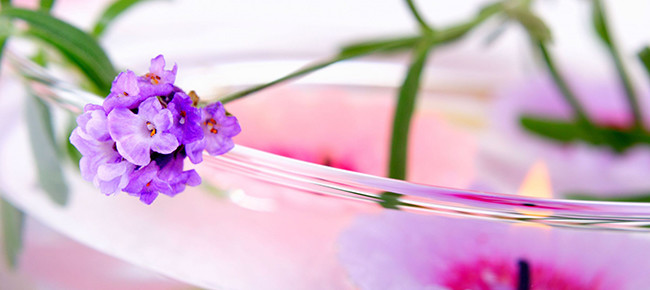
The amazing scent of this plant is known to put even agitated babies to sleep. If you can’t get a good laugh to reduce the edge from your day, try smelling lavender, or drinking lavender-infused tea. It should immediately calm your frazzled nerves.
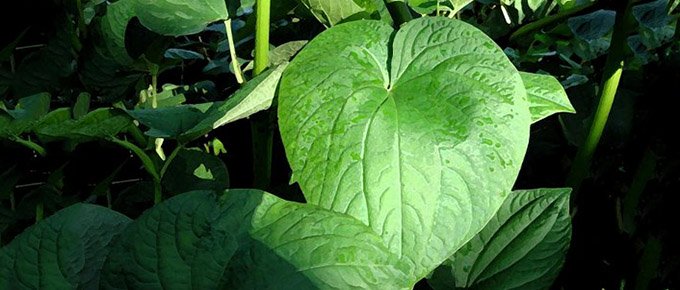
Otherwise known as Kava Kava, this is another Polynesian wonder for those with a worried mind. The roots are brewed to create a drink that is excellent for calming anxiety. It is sedative in its quality, but does not interrupt cognition. Many use it to treat social anxiety instead of the more harmful, alcoholic drink.

In the documentary created by National Geographic and researchers from Stanford University, Stress, Portrait of a Killer, experts outline just how deadly stress can be. (Watch the documentary below.) The good news, though, is that there are numerous natural herbs and supplements that can reduce stress without causing as many (if any) side effects or other mental health conditions as many pharmaceutical psychotropic meds do.
Here are 7 natural anti-anxiety herbs for reducing anxiety and stress (and the documentary video).
1. Chamomile

This amazing herb, related to ragweed, can be brewed in a tea or taken as a supplement, and it has been used for centuries to ease the mind and calm frazzled nerves. It has a mildly-sedating quality, and is often used for those having difficulty sleeping due to stress. In an eight-week study of 57 patients with anxiety disorders, researchers at the University of Pennsylvania Medical School reported that pharmaceutical-grade chamomile extracts 220mg daily) led to modest improvements compared with placebos.
2. Ashwagandha

Used for thousands of years to soothe the agitated mind, Ashwaganhda comes from Ayurvedic wisdom. Also known as winter cherry, Ashwagandha’s roots contain flavonoids and many active ingredients of the withanolide class. It is an adaptogen, which means it helps us ‘adapt’ to our environments, and that includes the stressful ones.
3. Passionflower

Not only is this herbal remedy beautiful, it is also known for helping those with high levels of anxiety to sleep better, and is even known as an aphrodisiac in ancient Polynesian cultures. Its effects are mildly-sedative, but lesser so than Valerian.
4. Magnesium

Not only does a good magnesium supplement or the consumption of foods high in magnesium help to soothe sore, tight muscles, it also helps to lower blood pressure and reduce stress. What’s more, magnesium has been shown to reduce an abnormal heart beat and keep the cardiovascular system in top shape. It can also help with the treatment of diabetes type 2 as well as insomnia and depression.
5. High Quality Green and Black Teas

L-theanine found in good teas can increase the brain’s alpha waves and help people to feel calmer. It seems the old advice to sit and sip a cup of tea isn’t just a placebo for helping to reduce stress. One study found that L-theanine reduced negative responses to stress. And in other research, it increased feelings of relaxation among people with serious behavioral disorders. It could be, in fact, even better at reducing stress than Xanax.
6. Lavender

The amazing scent of this plant is known to put even agitated babies to sleep. If you can’t get a good laugh to reduce the edge from your day, try smelling lavender, or drinking lavender-infused tea. It should immediately calm your frazzled nerves.
7. Kava

Otherwise known as Kava Kava, this is another Polynesian wonder for those with a worried mind. The roots are brewed to create a drink that is excellent for calming anxiety. It is sedative in its quality, but does not interrupt cognition. Many use it to treat social anxiety instead of the more harmful, alcoholic drink.
No comments:
Post a Comment